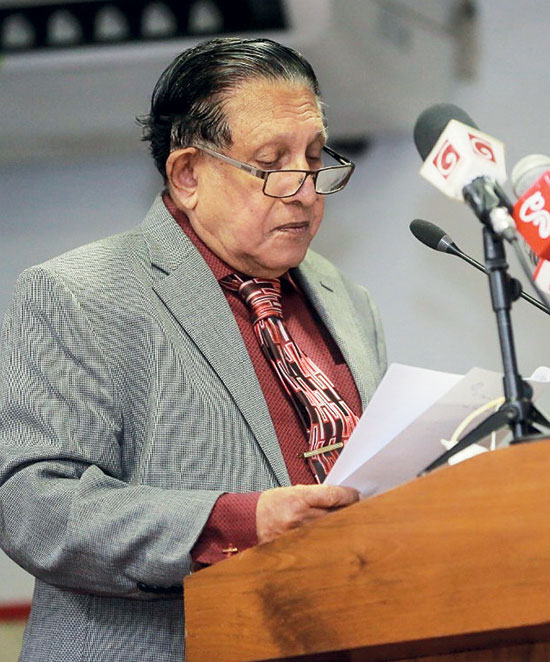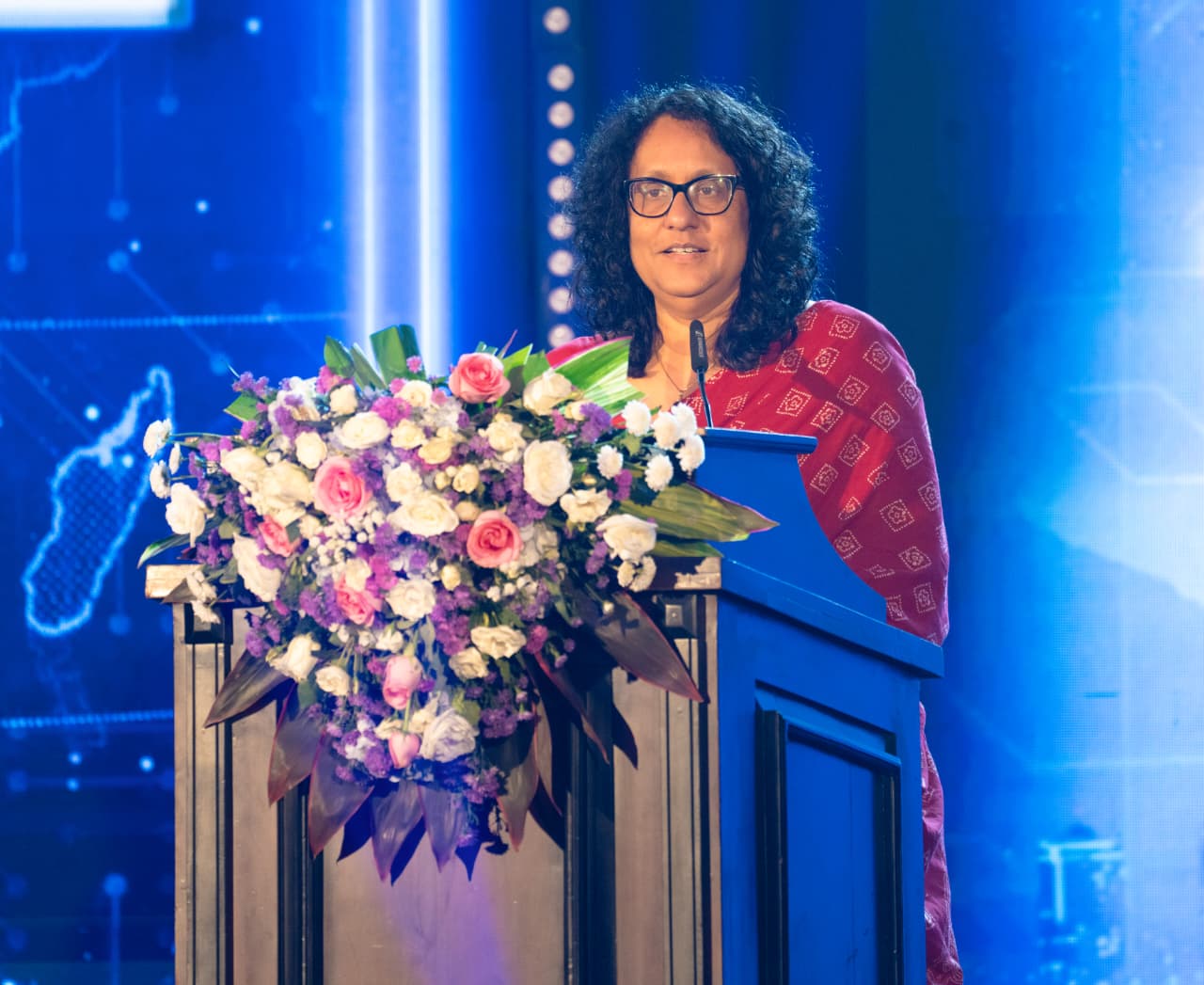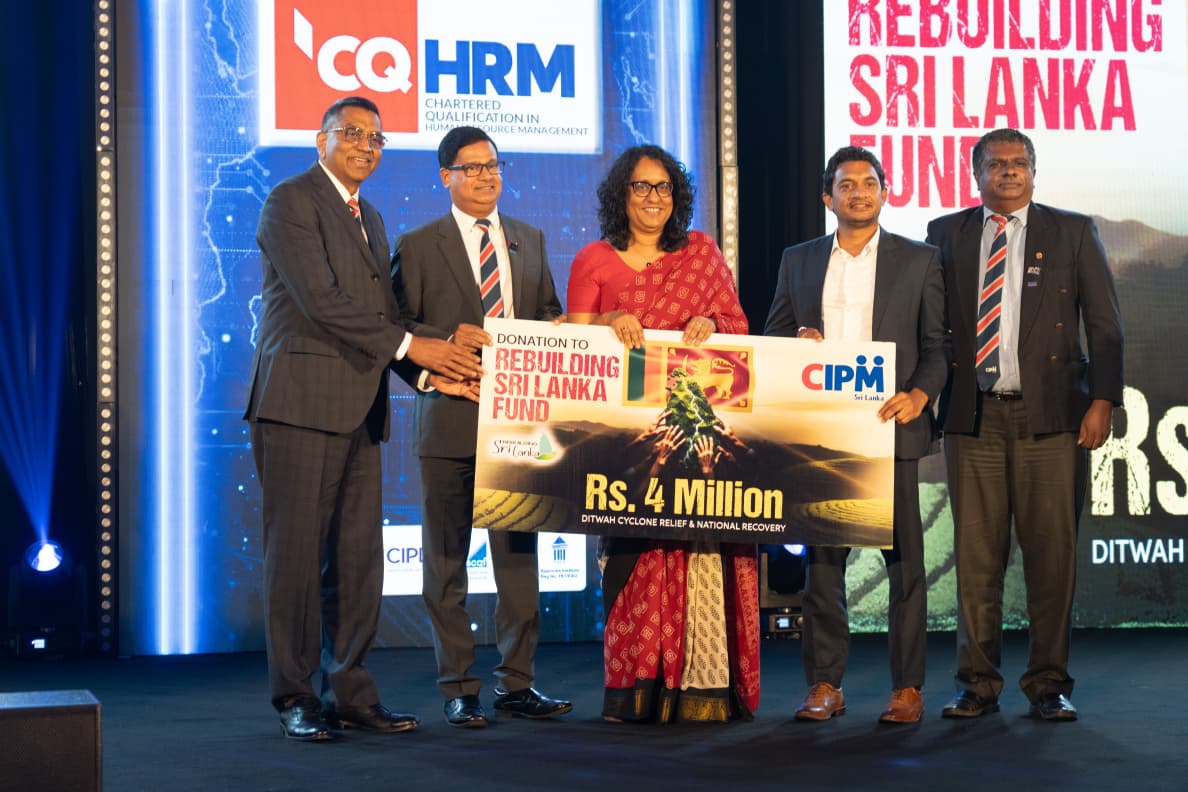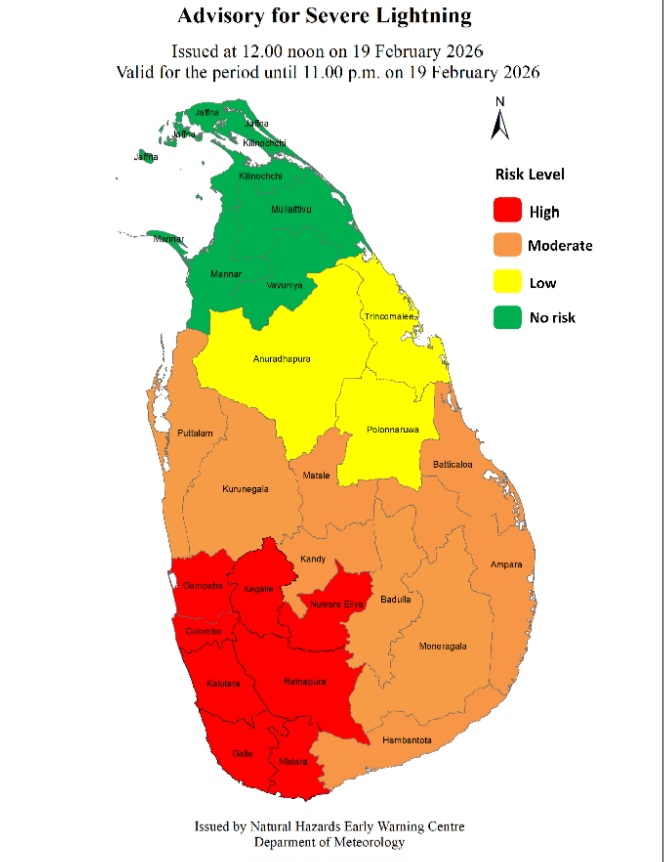News
High priority for development of Kelani Valley urged at the Philip Gunawardena commemoration

Responsible authorities since the Dutch and English colonial rulers have failed to pay sufficient attention to the problems of floods and the development potential of the Kelani River valley, said Senior Irrigation Engineer Anton Nanayakkara last week delivering a special lecture at the 50th Philip Gunawardena Commemoration meeting at the Sri Lanka Foundation.
Nanayakkara said: “The Kelani River valley is second only to the Mahaweli river valley. It has enormous potential to contribute to the development of this country. However, no proper attention has ever been paid by to this subject since the days of the Dutch and British rulers. It is sad to observe this untapped potential while countries elsewhere have seized opportunities to get the best of their rivers on either bank.”
He pointed out that a team of Russian experts had in 1961 pointed out that excess water of the Kelani River could be naturally diverted to Kurunegala. Sri Lanka’s next mega development project should be the Kelani Valley Multipurpose Development Scheme.
Nanayakkara said that Philip Gunawardena was the first to come up with the idea of a Kelani Valley Multipurpose Development Scheme that could bring about a new national economic and social awakening in Sri Lanka. On Nov 16, 1937, Gunawardena, as Member for Avissawella, presented a special motion to the State Council proposing a multi-purpose development program for Kelani River flood management and the Kelani Valley.
It read: “That this council is of opinion that immediate concrete and effective steps should be taken to prevent further pauperization of the people through periodic floods which damage their crops and dwellings and turn cultivable land into a mosquito-breeding swamp, and to this end desires the appointment of a Commission, with recognized expert from abroad, having practical experience in flood control schemes, to inaugurate a comprehensive scheme of flood – control for the Kelani river, coordinated with the work of irrigation, water supply, drainage and hydro – electricity.”
Speaking further on his proposal, Gunawardena pointed out that no serious considerations have been given to control the floods in the Kelani River and that the Government is acting in a confused manner in this regard. “… this is a question that has baffled many engineers, many statesmen and a good many laymen. However, since about 1873, I must say, that no serious effort has been made by the Government to control the floods of the Kelani River.
“It is the matter known to everybody in this island that annually the floods in the Kelani valley destroy houses, crops, livestock and even take human lives, and it is estimated that annually the country loses, as a result of the flood, somewhere in the neighborhood of Rs. 200,000. That is a very big sum. But apart from the actual loss in property and life, the entire economic life in the Kelani valley is brought to a standstill for several days in the year.”
Nanayakkara said that this development project, which should be given high priority, is critically important to the Colombo, Gampaha, Ratnapura, Kegalle, Nuwara Eliya and many other districts. It needed to be accorded priority in future development projects. Philip Gunawardena was the first to present such a proposal but that, despite its importance, did not happen.
“We have made so many policies but none of them has been implemented in a manner that could bring transformative change,” Nanayakkara said.
Among those present at the commemoration lecture were the Anunayake of Malwatte Chapter Ven Dimbulkumbure Wimaladhamma Nayaka thero, Chancellor of the Colombo University Ven Muruttettuwe Ananda thero, Speaker Mahinda Yapa Abeywardena, Irrigation Minister Chamal Rajapaksa, Labour Minister Nimal Siripala de Silva, Water Supply Minister Vasudeva Nanayakkara, Lands Minister SM Chandrasena, Indigenous Medicine Promotion State Minister Sisira Jayakody, MPs Jagath Pushpakumara, Jayantha Samaraweera, Premnath Dolawatte, Suren Raghavan, Yadamini Gunawardena, Prof Gamini Samaranayake and the ambassadors of China, France, Cuba and Vietnam.
News
“Investments in Professional Education Are Investments in Institutional Strength and National Progress” – PM

Prime Minister Dr. Harini Amarasuriya stated that strengthening Sri Lanka’s professional education framework and aligning it with internationally recognised standards is essential to building a skilled, ethical, and globally competitive workforce.
The Prime Minister made these remarks while addressing the official launch of the QS-accredited Chartered Qualification in Human Resource Management (CQHRM) at SCQF Level 11 (New Syllabus), organised by the Chartered Institute of Personnel Management (CIPM) Sri Lanka under the theme New Heights of Recognition. The event was held on Wednesday, 18 February at the Cinnamon Life, Colombo.
Emphasising the importance of expanding professional and vocational education pathways, the Prime Minister stated:
“This is of crucial importance to us in broadening our educational pathways and opportunities. We need to increase access to education that is globally recognised and that offers multiple pathways in professional and vocational fields. This aligns closely with the reform process we have initiated in the education sector and with our commitment to lifelong learning where individuals can work and learn at the same time, and where education is not limited to a particular age group but continues throughout life.”
Highlighting Sri Lanka’s national priorities, the Prime Minister further observed:
“At a time when Sri Lanka is focused on economic recovery, institutional reform and sustainable growth, the need for competent and ethical human resource leadership is clear. A competitive economy depends not only on investment and infrastructure but also on skilled professionals who can lead institutions effectively.”
The Prime Minister noted that the QS accreditation of the CQHRM qualification strengthens international recognition of Sri Lankan human resource professionals, enhances professional progression pathways, and reinforces confidence in the country’s professional education system. She also underscored the role of human resource leadership in advancing equity and inclusion within workplaces, including fair recruitment practices, safe working environments, leadership development for women, and inclusive policies for persons with disabilities and neurodivergent individuals.
Addressing the future of work, the Prime Minister stressed the importance of preparing for rapid technological transformation, including the growing impact of artificial intelligence on industries and workforce management, encouraging institutions to proactively adapt to emerging demands.
The event was attended by Deputy Minister of Industry and Entrepreneurship Development, Chathuranga Abeysinghe, along with other distinguished guests.

[Prime Minister’s Media Division]
Latest News
Advisory for Severe Lightning issued to the Western and Sabaragamuwa provinces and Nuwara-Eliya, Galle and Matara districts

Advisory for Severe Lightning
Issued by the Natural Hazards Early Warning Centre at 12.00 noon 19 February 2026 valid for the period until 11.00 p.m. 19 February 2026
The public are warned that thundershowers accompanied with severe lightning are likely to occur at some places in in the Western and Sabaragamuwa provinces and in Nuwara-Eliya, Galle and Matara districts after 2.00 p.m.
There may be temporary localized strong winds during thundershowers.
General public is kindly requested to take adequate precautions to minimize damages caused by lightning activity.
ACTION REQUIRED:
The Department of Meteorology advises that people should:
Seek shelter, preferably indoors and never under trees.
Avoid open areas such as paddy fields, tea plantations and open water bodies during thunderstorms.
Avoid using wired telephones and connected electric appliances during thunderstorms.
Avoid using open vehicles, such as bicycles, tractors and boats etc.
Beware of fallen trees and power lines.
For emergency assistance contact the local disaster management authorities.
News
Navy and Coast Guard seize 04 Indian fishing vessels poaching in Sri Lankan waters

During operations conducted in the dark hours of 18 Feb 26, the Sri Lanka Navy and Coast Guard seized 04 Indian fishing boats and apprehended 22 Indian fishermen, while they were poaching in Sri Lankan waters north of Mannar and off the Delft Island, Jaffna.
Recognizing the detrimental effects of poaching on marine resources and the livelihoods of local fishing communities, the Sri Lanka Navy and Coast Guard continue to conduct regular operations as proactive measures to deter such activities. These efforts underscore the collective robust approach and steadfast commitment to safeguarding the nation’s marine ecosystems while ensuring the economic security and wellbeing of its citizens.
The 02 fishing boats along with the 10 fishermen held in Mannar were handed over to the Fisheries Inspector of Mannar and the remaining 02 fishing boats intercepted off the Delft Island, together with 12 Indian fishermen were handed over to the Fisheries Inspector of Myliddy for onward legal proceedings.
-

 Life style5 days ago
Life style5 days agoMarriot new GM Suranga
-

 Business4 days ago
Business4 days agoMinistry of Brands to launch Sri Lanka’s first off-price retail destination
-

 Features5 days ago
Features5 days agoMonks’ march, in America and Sri Lanka
-

 Features5 days ago
Features5 days agoThe Rise of Takaichi
-

 Features5 days ago
Features5 days agoWetlands of Sri Lanka:
-

 News5 days ago
News5 days agoThailand to recruit 10,000 Lankans under new labour pact
-

 News5 days ago
News5 days agoMassive Sangha confab to address alleged injustices against monks
-

 News3 days ago
News3 days agoIMF MD here













